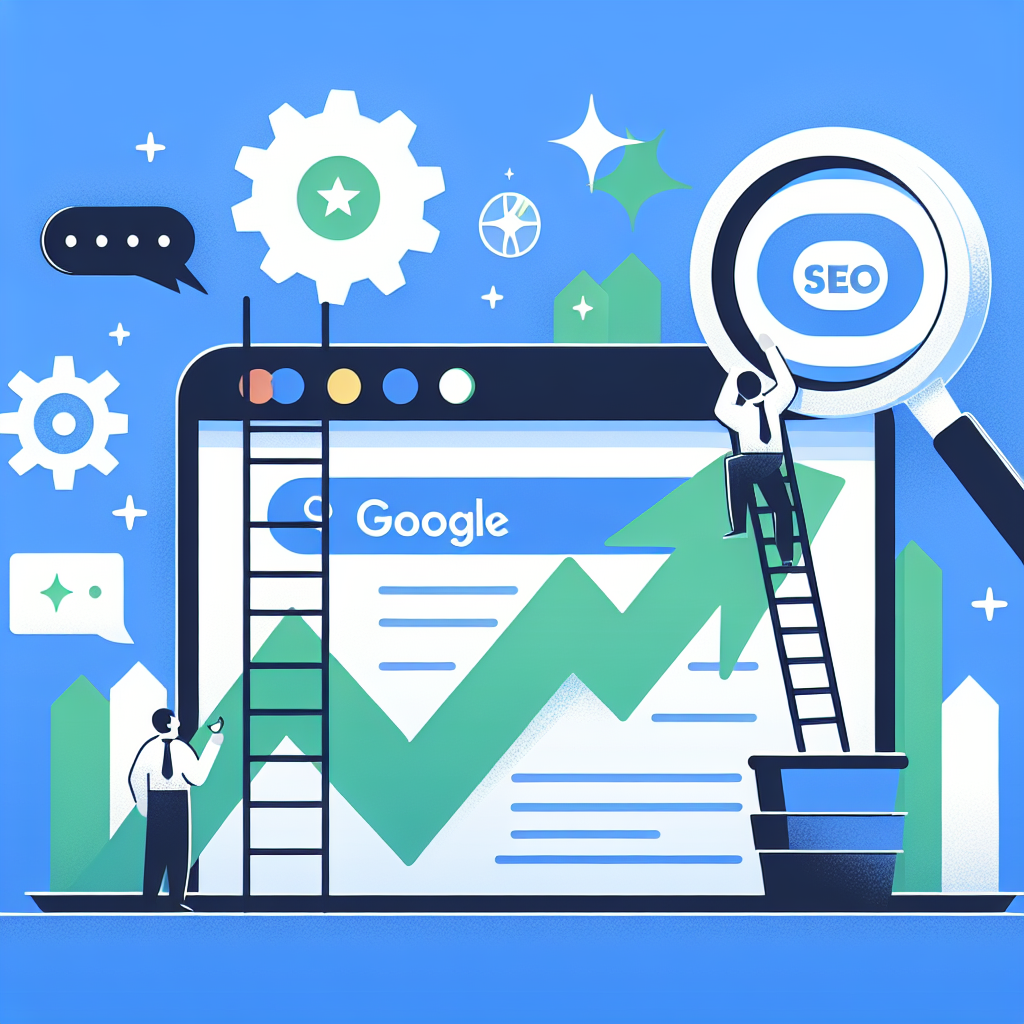As a blogger, understanding the basics of SEO (Search Engine Optimization) is crucial for increasing your blog’s visibility on Google search results. SEO can be divided into two main categories: On-Page and Off-Page SEO. In this blog post, we will delve into what each of these categories entails and how they can help improve your blog’s ranking.
On-Page SEO
On-Page SEO refers to the optimization of content on your website or blog. This includes using relevant keywords, creating high-quality content, optimizing meta tags, and improving site speed and user experience. By focusing on these aspects, you can make it easier for search engines like Google to crawl and index your site.
One of the most important aspects of On-Page SEO is content. Creating valuable and engaging content that is optimized for specific keywords can help attract more organic traffic to your blog. Make sure to research relevant keywords that are commonly searched for in your niche and incorporate them naturally throughout your content.
In addition to content, optimizing meta tags such as title tags, meta descriptions, and heading tags can also improve your blog’s visibility on search engines. These tags provide search engines with information about the content on your page, making it easier for them to understand what your blog is about.
Lastly, improving site speed and user experience are also crucial for On-Page SEO. A fast-loading website with a user-friendly design can help reduce bounce rates and increase time spent on your site, which are both important ranking factors for Google.
Off-Page SEO
Off-Page SEO refers to activities that take place outside of your website but still have an impact on its ranking in search results. This includes building backlinks from other reputable websites, social media marketing, and influencer collaborations.
Backlinks are one of the most important factors in Off-Page SEO. When other websites link back to your blog, it signals to search engines that your content is valuable and trustworthy. The more high-quality backlinks you have pointing to your site, the higher it will rank in search results.
Social media marketing is another important aspect of Off-Page SEO. By sharing your blog posts on platforms like Facebook, Twitter, and Instagram, you can increase brand awareness and drive more traffic to your site. Engaging with followers and participating in online communities can also help boost your blog’s visibility.
Influencer collaborations are another effective way to improve Off-Page SEO. Partnering with influencers in your niche can help expose your blog to a larger audience and attract more backlinks from reputable sources.
Conclusion
Understanding the basics of On-Page and Off-Page SEO is essential for bloggers who want to increase their visibility on Google search results. By focusing on creating high-quality content, optimizing meta tags, building backlinks from reputable sources, and engaging with followers on social media platforms, you can improve your blog’s ranking and attract more organic traffic.
Remember that SEO is an ongoing process that requires patience and dedication. By consistently implementing best practices for both On-Page and Off-Page SEO, you can see long-term improvements in your blog’s performance on search engines like Google.

Leave a Reply